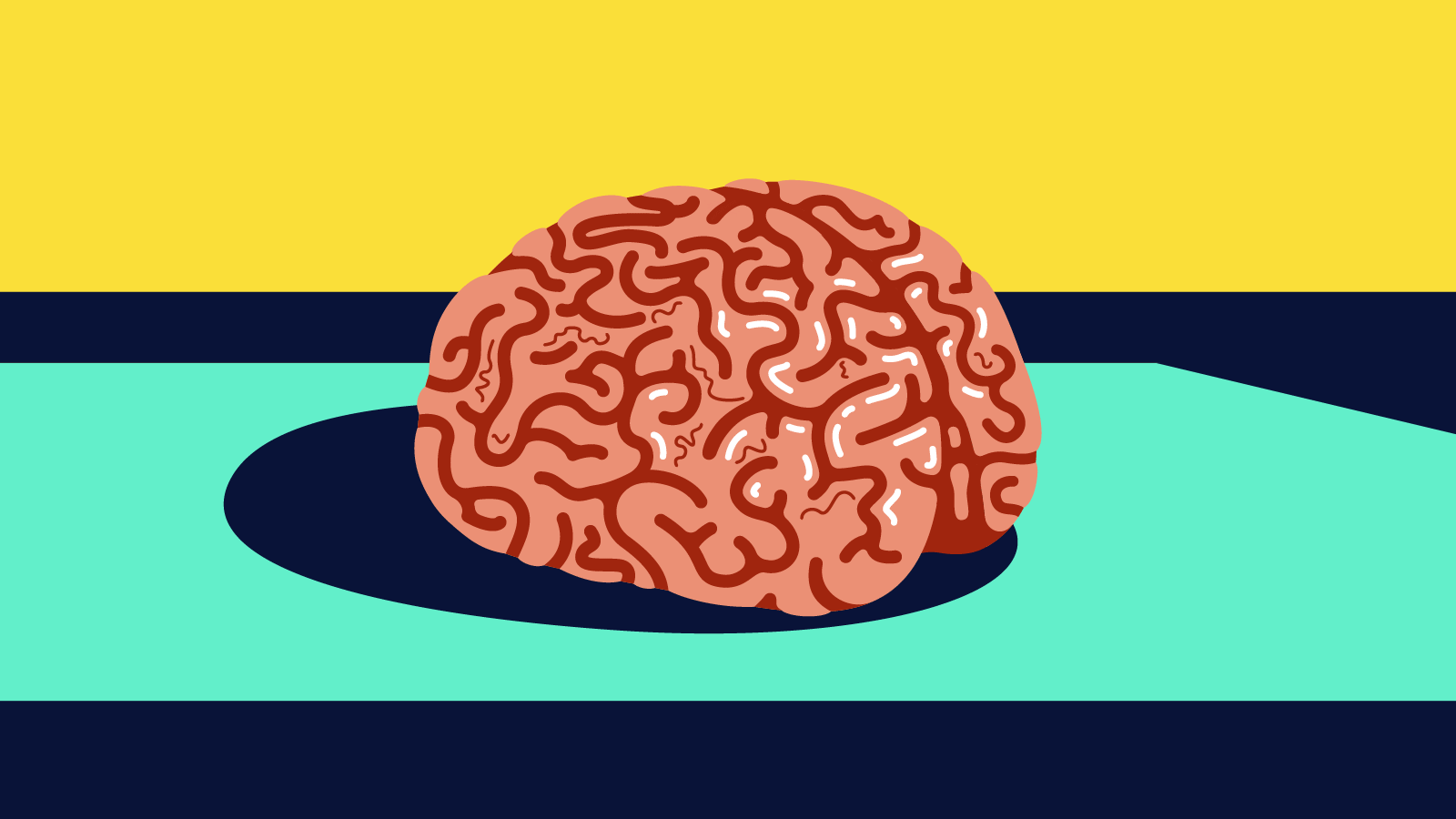
He steps off the trail and into the woods—hacking the foliage with a field machete until he arrives at a waterfall with a sparkling pool. Around the pool, people are basically naked. They’re beautiful and having fun sunning themselves on the smooth rocks. Our guy clears a spot on a stump to sit and snack. With the machete tip, he cuts up an avocado; he sets the slices on a paper towel in his lap and produces a lemon from his jacket pocket. Until now, the day has been cold and damp, but with the midafternoon sun punching through, his windbreaker seems excessive, so he sheds the coat and goes to work on the lemon, chopping it into six equal wedges that he balances on his thigh. He opens the sleeve of saltines he brought, places an avocado slice on a cracker, sprays the avocado with lemon juice, and brings the seasoned avocado cracker to his mouth. It’s beyond delicious. For some reason, everything tastes better in the woods. He thinks it has something to do with technology. At home, he’s surrounded by it. LED TV. Wi-Fi. 5G. He sleeps with his phone at his side. There’s information in the air. He feels like he’s inhaling data every day, and he often dreams of abandoned shopping malls or dusty chalkboards filled with insane equations. He tries solving for x all night. Eventually, everything irreducible will be reduced, he concludes. Either that, or we’ll merge with machines. This thought terrifies him. But out here in the woods, he harbors no fear. He just savors his avocado crackers and admires the nudes on the rocks. They are a handsome bunch and they hardly move at all. It’s like looking at a painting. If he were a painter, he’d call this one Rock Bottoms, and he’d paint it as accurately as possible, but since he isn’t an artist, he briefly considers taking a picture with his phone. Instead, he freezes the scene in his mind, and later, he unthaws it on the long ride home. The hot thoughts cool over many miles, and soon enough, he lights a joint and finds himself contemplating his past. He’d stayed stoned for most of it and felt lonesome even around friends. Otherwise, he doesn’t remember much. Besides, it all adds up to the army anyway, and he can barely remember that awful business other than a handful of scenes like that night in the Sandbox, during Desert Storm, with the platoon embedded south of Baghdad in a place called Taq Kisra, when the bombing began. Scuds and Tomahawks scorched the sky and blasted Baghdad all to hell. The oil wells burned for weeks afterward, and everything he touched felt like it was on fire. For some reason, those days remind him of these. There isn’t a direct link necessarily, just the same electromagnetic buzz in the air, almost as if his life force has been zapped on high heat in the microwave. Now the gasoline light flashes on the dashboard of his truck and breaks the spell. Two miles later, he pulls into a Shell station and fills up the tank with something called V-Power NiTRO+ Premium Gasoline. What does that even mean? he wonders. Just then, a palomino horse busts loose from a trailer and gallops through the parking lot only to disappear as quickly behind the nearby car wash, and meanwhile, the sunset suffuses everything in a kind of neon pink glow. Man, he thinks, life is wild. You never know what’s going to happen next. ![]()
Ryan Ridge is the author of four chapbooks as well as five books, most recently New Bad News (Sarabande Books, 2020). He has received the Italo Calvino Prize in Fabulist Fiction, the Linda Bruckheimer Prize in Kentucky Literature, and the Kentucky Writers Fellowship for Innovative Writing from the Baltic Writing Residency. His work has been featured in or is forthcoming from American Book Review, Denver Quarterly, Passages North, Post Road, Salt Hill, and Santa Monica Review, among others. Ridge is an assistant professor at Weber State University, where he codirects the creative writing program. He also edits the literary magazine Juked.
